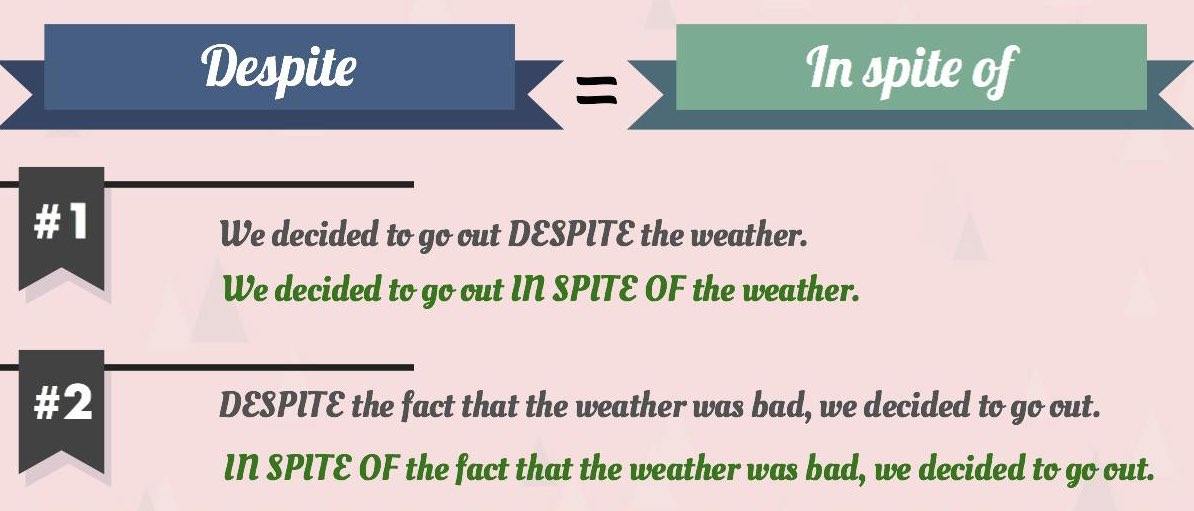
Students of all levels seem to find the words «some» and «any» particularly tricky, so in this post I will try to break down most of the cases in which they can or must be used. Let’s see…
Both “some” and “any” are used with nouns when the speaker does not specify the exact amount. For example:
I’m having some friends over tomorrow night.
Are there any pupils in the class?
- Some: we normally use “some” in positive sentences with plural countable nouns or uncountable nouns:
She’s had some problems with the teacher. (problems = plural count. noun)
I got some money from my parents. (money = uncount. noun)
- Any: we normally use “any” in negative or interrogative sentences with plural countable nouns or uncountable nouns. Some examples include:
John hasn’t got any books in his bedroom. (books = plural count. noun)
Is there any sugar left? (sugar = uncount. noun)
As usual, there are some exceptions to the general rule. Let’s see the main ones:
- Some:
– We can use “some” in questions when we are offering something or when we expect the answer to be yes. For instance:
Would you like some sugar in your tea?
Seriously? Are some people still at the party?
– We can use “some” with singular countable nouns and uncountable nouns when we are not sure which person or thing we are talking about. For instance:
I know I’ve some book where you can find that information, but I can’t remember exactly which book it was.
She was helped by some passer-by, but he left before she could thank him.
- Any:
– We can use “any” in positive sentences when it means that it is not important who, when, what, how many/much, etc. In this case, it can be used with singular countable nouns, too. For instance:
Any person can come by as long as they have an invitation.
I’d like some cereal If there is any milk left.
– “Any” can also be used in positive sentences when there is an adverb, verb, adjective or preposition which makes the sentence negative.
– Negative adverbs: barely, hardly, never, rarely, scarcely, seldom, etc.
There is hardly any people at the party.
– Negative verbs: deny, fail, forbid, prevent, prohibit, refuse, etc.
He denied having any responsibility in the accident.
– Negative adjectives: impossible, reluctant, unable, unlikely, etc.
He was unable to do any work with a broken arm.
– Negative preposition: without.
He did his homework without any help from his parents.
An interesting aspect of these words is that they can form new words by joining another one like -one, -where, etc. In this case, the rules above also apply to compounds of “some” and “any”, which are used as nouns. Some of these are:
- People: someone – anyone // somebody – anybody
I think there’s somebody at the front door.
Did anyone tell you about the changes?
- Things: something – anything
I’ve got something stuck between my teeth.
There isn’t anything to watch on TV tonight.
- Places: somewhere – anywhere
My keys must be somewhere in the living room, but I can’t find them.
I can’t find my keys anywhere.
If you found this post useful, you can download a printer-friendly version here to share it with your students or colleagues.
Don’t forget to subscribe for more useful tips and explanations, and follow Keep Smiling English on Facebook and Twitter.
Keep Smiling! 😉
References:
- Hewings, M. (2005). Advanced Grammar in Use. Cambridge: Cambridge University Press.
- Shoebottom, P. – “Some/Any”



